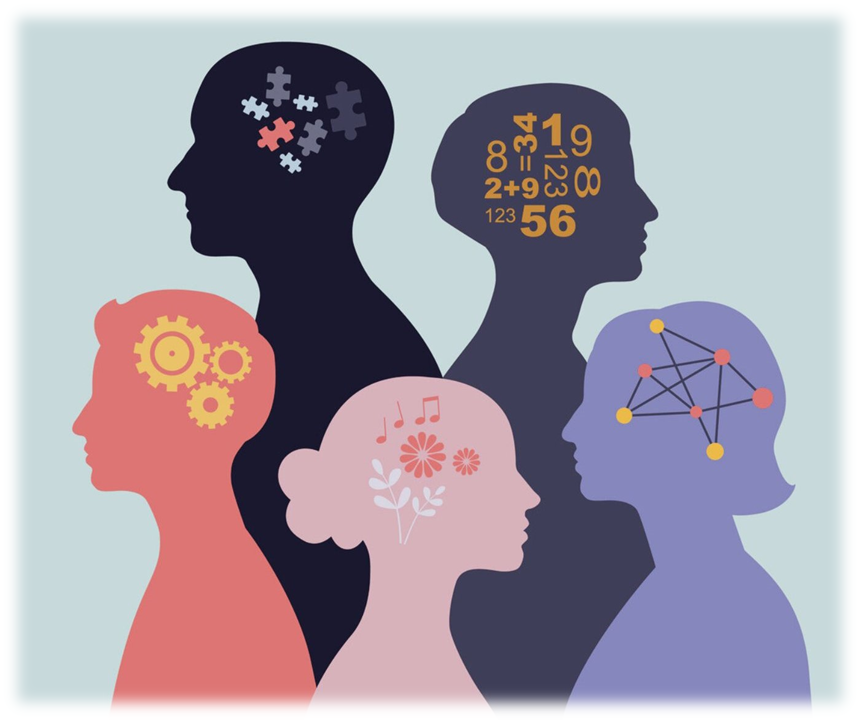Support for Neurodivergence

Neurodiversity refers to the natural diversity of our brains and the differences in how we experience the world1.
We are all neurodiverse: no two minds are the same.
Neurodivergence is a term used to explain cognitive function that differs to 'typical' societal standards (often referred to as neurotypical or neuronormative)2. Estimates suggest that 15-22% of people are neurodivergent3. Neurodivergent conditions include, but are not limited to, ADHD, Autism, Dyscalculia, Dysgraphia, Dyslexia and Dyspraxia.
We know that neurodivergence often presents a spiky cognitive profile: individuals can have incredibly valuable strengths and skills, which are often accompanied by areas of challenge or difficulty.
The Professional Support Service aims to support neurodivergent postgraduate doctors and dentists in training (PGDiTs) thrive, by providing advice, guidance and signposting.
References
1 Elgendy, K. (2024) ‘Breaking Barriers: Empowering Neurodivergent Doctors to Thrive in Healthcare’, The Royal College of Radiologists [15 May 2024].
2 Le Cunff, A-L., Logan, P-E., Ford, R., Martis, B-L., Mousset, I., Sekibo, J., Dommett, E. and Giampietro, V. (2023) ‘Co-Design for Participatory Neurodiversity Research: Collaborating with a Community Advisory Board to Design a Research Study’, Journal of Participatory Research Methods, 4(1).
3 Doherty, M., Neilson, S., O'Sullivan, J., Carravallah, L., Johnson, M., Cullen, W., and Shaw, S.C.K. (2022) ‘Barriers to healthcare and self-reported adverse outcomes for autistic adults: a cross-sectional study’, BMJ Open, 12, e056904.